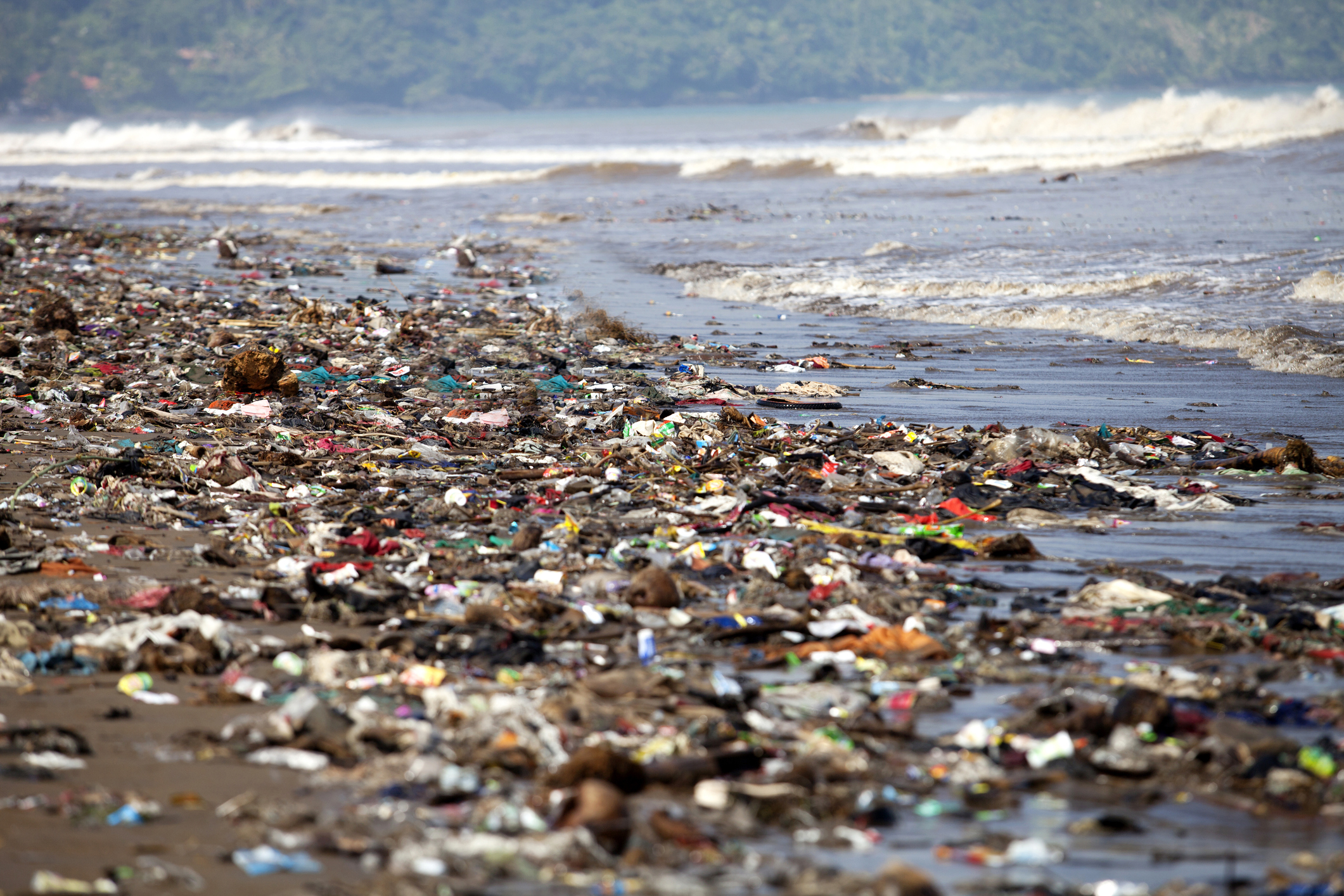
Press Release
Northeast States Announce Coordinated Effort to Transition to a Zero-Waste Future
January 27, 2020
Washington, D.C. – Today legislators from seven states announced a united effort to push their states towards a zero-waste future. States included are Connecticut, Maine, Massachusetts, New Hampshire, New York, Rhode Island, and Vermont.
In 2019, states across the country introduced over 220 bills to reduce single-use plastics. The Northeast led the way with Connecticut, Massachusetts, New Hampshire, and Rhode Island introducing plastic bag bans, while Maine and New York passed a bag ban. Maine also passed the first nation’s ban on styrofoam and Vermont passed a comprehensive ban on plastic bags, straws, and styrofoam.
Now, these states are looking to move further in their efforts to reduce single-use plastic use and waste. Already in 2020, these states have filed 76 pieces of legislation to reduce plastic pollution.
Last November, legislators of the seven Northeastern states met to discuss their efforts and compare lessons learned from the 2019 legislative session. They emerged from this meeting committed to taking shared action across the region. The announcement today demonstrates this commitment while highlighting the variety of approaches that states are taking toward a zero-waste future.
These legislators understand the impacts of plastic pollution on our environment, wildlife, and human health.
“Throughout the Commonwealth, we have seen a tremendous groundswell of support for laws tackling single-use bags in our waste stream,” said Sen. Jamie Eldridge. “As the lead MA Senate sponsor of the plastic bag ban since I first arrived in the Senate in 2009, I am proud to have joined my Senate colleagues in passing S.2422, An Act relative to plastic bag reduction; one of the strongest plastic bag bans in the country. A portion of the paper bag fee shall go to cities or towns for litter prevention, recycling education and promotion, and other programs that work toward waste reduction. This bill is now before the House awaiting action.”
While these legislators agree on the importance of advancing solutions to the plastic pollution crisis, they are each taking different steps that are best suited for their state. These actions range from resolutions, to bans on plastic bags, to implementing an extended producer responsibility model that encourages those who produce plastics to find more environmentally-friendly options.
“The impacts of plastic pollution are real for Maine citizens and is a topic that my constituents frequently reach out about,” said Rep. Stanley Paige Zeigler. “As a state, we are a national leader in tackling single-use plastics. Last year we passed a ban on polystyrene and plastic bags. This year, we are expanding our efforts to finding ways to increase producer responsibility in the full lifecycle of plastics. I’m proud to join with my Northeast colleagues in tackling this problem”
New Hampshire has many bills under consideration this year, including legislation to reduce plastic film waste.
“Based on a recent comprehensive review of New Hampshire solid waste management issues, the legislative study committee I chaired recommended reducing the ever-increasing amount of film plastics,” said Rep. Karen Ebel, Deputy Speaker of the New Hampshire House. “Too much film plastic gets placed in recycling bins creating problems or is simply tossed. My bill, HB 1701, would require large retail stores to simply provide collection bins for consumers with clear signage and to recycle that film plastic taking it out of the waste stream.”
Rather than waiting for action from the federal government, these states are taking proactive steps to beat plastic pollution together. Plastic production is expected to continue increasing in the coming decades, with consequential impacts on global emissions and climate change. States are leaders for innovative and effective policies aimed at reducing both production and pollution.
“These state legislators are committed to reducing single-use plastics for the health of our planet, and the health and wellbeing of their constituents,” said Jeff Mauk, Executive Director of the National Caucus of Environmental Legislators. “The bold actions of Northeastern states serve as an inspiration and a guiding post for states across the country looking to reduce plastics.”
Over the past few years, public attention around plastic pollution has surged. The effects of plastic are far-reaching including impacts on marine and freshwater ecosystems, public health, and carbon emissions. Without action, there could be more plastic than fish (by weight) in the ocean by 2050.
Created by and for state legislators, the National Caucus of Environmental Legislators is a 501(c)(3) nonprofit that organizes over 1,000 environmentally-committed state legislators from all 50 states and both parties. NCEL provides venues and opportunities for lawmakers to share ideas and collaborate on environmental issues.
###